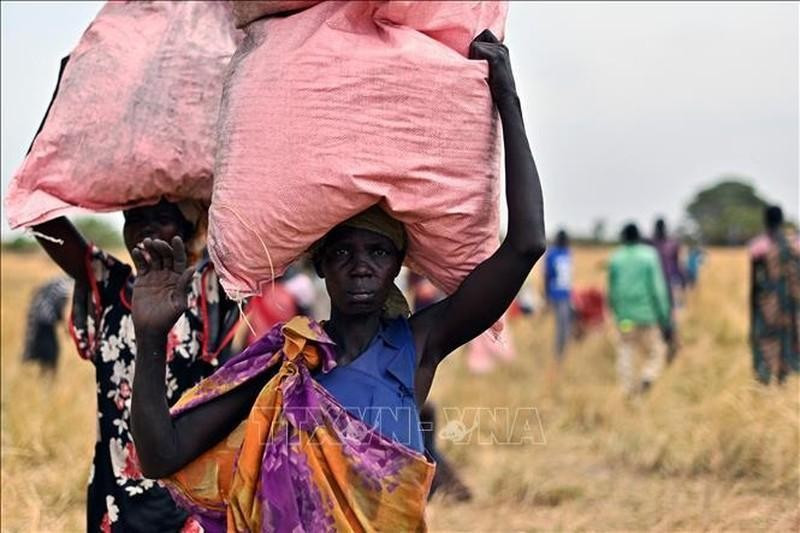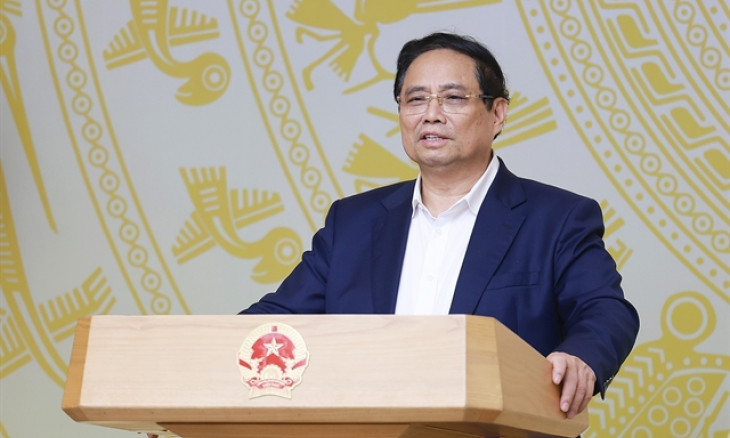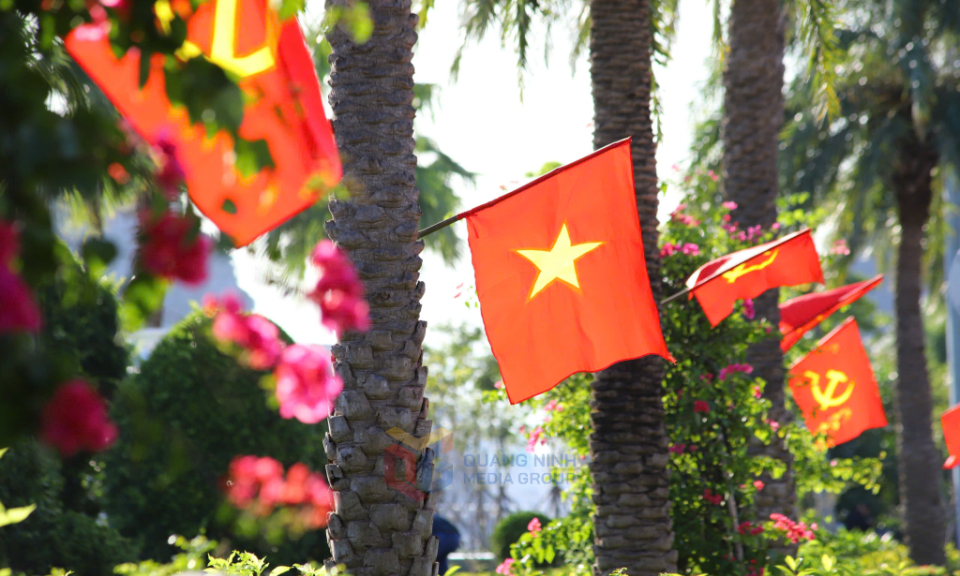Unprecedented challenge of global food security
The COVID-19 pandemic, the conflict between Russia and Ukraine and severe drought have been causing the world to face an unprecedented global emergency food insecurity.
In a report to the United Nations Security Council (UNSC) over the past weekend, Executive Director of the World Food Programme (WFP), David Beasley, warned that 345 million people in 82 countries are facing serious food insecurity. This number is 2.5 times higher than before the COVID-19 pandemic. He stressed that the world is facing an unprecedented global emergency of food insecurity.
The worrying thing is that 50 million people are acutely malnourished and just one step away from famine, Beasley said.
The main reason pushing many countries around the world into serious food insecurity is the impact of COVID-19 on the economy, climate change, rising fuel prices and the Russia-Ukraine conflict. According to Corinne Fleischer, the WFP’s regional chief, before the COVID-19 crisis, 135 million suffered from hunger worldwide. Since then, this number has increased sharply and is expected to continue to soar. Food costs have risen 45% on average since the outbreak of COVID-19.
Along with the COVID-19 pandemic, the Russia – Ukraine conflict has made the risk of starvation more serious. Since the start of the conflict, skyrocketing costs of food, fuel and fertiliser have brought 70 million people closer to starvation. The conflict in Ukraine has also significantly reduced the world's food supply, while grain exports from the country have not reached many of the developing countries, where the risk of severe hunger is severe. About 44% of Ukrainian grains exported through the Black Sea, under the agreement brokered by the UN and Turkey, have been supplied to the market. However, only 28% has been delivered to developing countries.
In addition, drought is threatening the livelihoods of hundreds of millions of people globally. This year, the world faces the weather phenomenon known as La Nina for the third year in a row, for the first time in more than 20 years. According to a preliminary analysis by experts from the Joint Research Centre of the European Union, the “old continent” faced its worst drought in centuries this summer. Drought has severely affected crop quality from key farming areas in the US to China's vast Yangtze River basin and many parts of India, raising fears of global hunger over the next year.
In his interview with Reuters, the World Bank (WB) Managing Director of Operations Axel van Trotsenburg, said the WB is ready to provide 30 billion USD to address the problem of global food shortages. Earlier, the International Monetary Fund (IMF) also confirmed its plan to expand emergency aid to countries affected by high food prices and the current food shortage.
According to IMF Managing Director Kristalina Georgieva, the plan will allow the IMF to provide additional and unconditional emergency financial assistance to countries hit hardest by the post-pandemic global food and inflation crisis.
However, analysts said in the context that the challenge of food security has reached its peak and is at an unprecedented level today, the above-mentioned efforts from the WB and IMF are not enough in the short-term. The WFP’s regional chief Corinne Fleischer said the world is unlikely to withstand today's food security challenges. This reality is requiring the UN and governments to unite and focus more resources to fight against the "hunger enemy" on a global scale, through both short-term and long-term solutions. If the food security challenge is not averted, several regions of the world could fall into riots and instability, in addition to the risk of famine.






